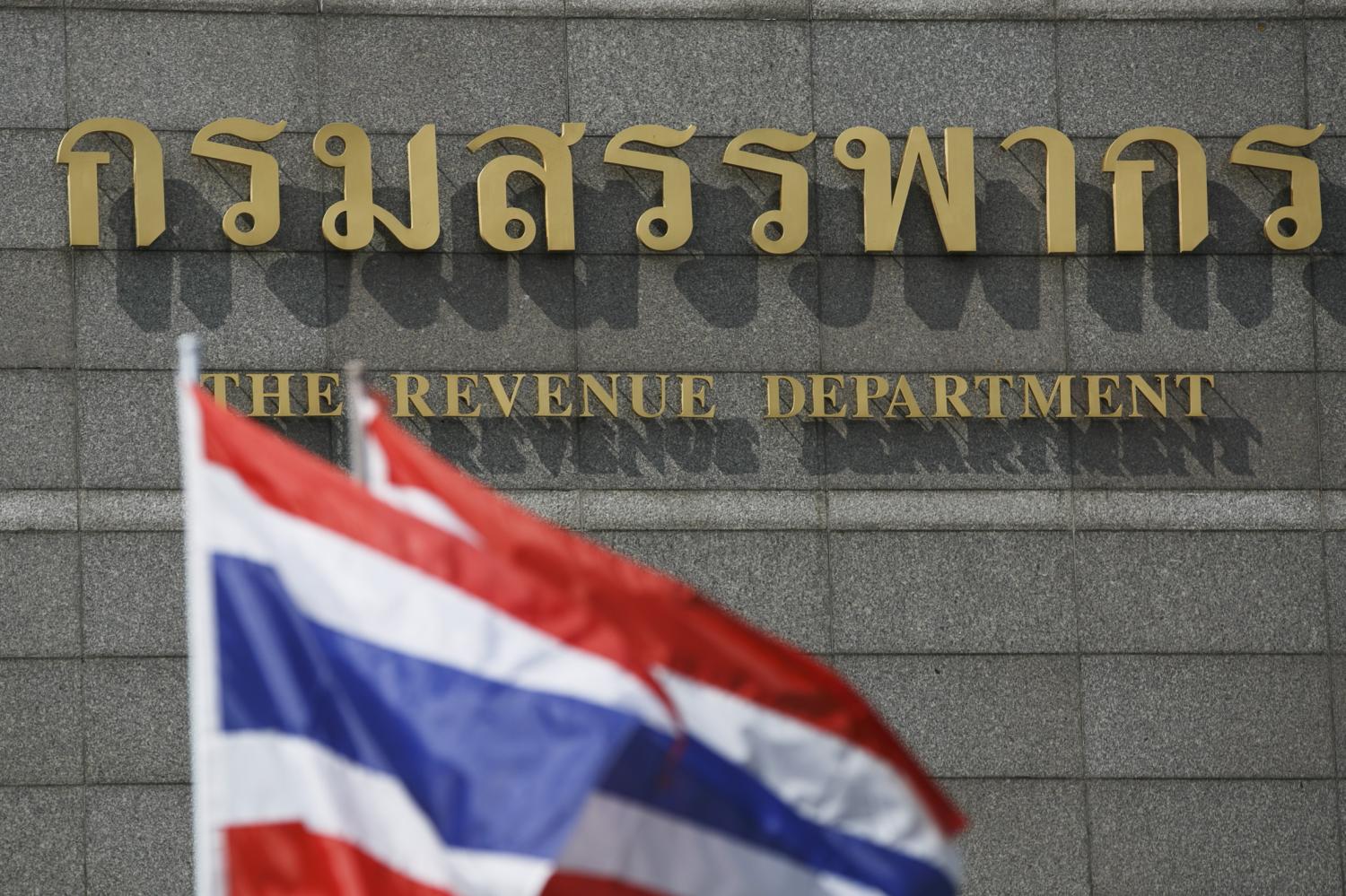Business
Thailand Starts Taxing Residents on Income Earned Overseas

Recent changes made by Thailand’s Revenue Department clarify that local persons who earn money overseas are subject to personal income tax (PIT) in accordance with Paragraph 2 of Section 41 of the Revenue Code.
Foreign-based taxpayers who have been exempt from PIT for nearly 40 years due to the location of their assets abroad will now have to include that income when calculating their yearly tax liability.
After decades of not taxing it, why has the government decided to start doing so now?
The tax collection is to meet with international norms on the interchange of financial information to enhance tax transparency and fairness, according to Vinit Visessuvanapoom, the department’s deputy director-general and spokesperson. That is to say, taxation is obligatory on all income, domestic and foreign.
When did this type of tax exemption begin, and why?
In truth, the government agency in question has never waived the obligation to collect PIT on foreign-earned income. 40 years ago, the law that enabled residents to be taxed on foreign income only if it was brought into Thailand in the year it was received was written. However, if you bring the money into Thailand the next year, you won’t have to pay taxes on it.
For instance, if you make money abroad on December 31 but don’t send it back to Thailand until January 1 of the following year, you won’t owe any PIT to the Revenue Department of Thailand.
The department’s new rule on tax collection could make it easier for people to avoid paying their fair share of taxes.
This is mostly owing to historical constraints, including the fact that only a small number of nations make use of double tax agreements. As a result, the taxpayer would be liable to double taxation if the government required payment of tax on foreign-earned income in both Thailand and the foreign country from where the income originated.
However, the 61 double tax agreements in place at the moment ensure that Thai citizens and businesses with international operations are not subject to double taxation.
Tax authorities are now able to effectively utilise information for efficient tax administration thanks to technological advancements in the field of international data exchange agreements and the ability to track the flow of money both in and out of the country.
In addition, low levels of technological advancement in the past made it difficult for people to invest or work abroad, therefore tax collection from overseas revenue was negligible. Those with sufficient financial means and specialised skills are the only ones who can afford to invest or work overseas at the present time, notwithstanding the advances in technology.
The money that Thai workers earned abroad was an important source of revenue for the country in the past. The government has no interest in increasing taxes on these workers.
Therefore, the Revenue Department’s authority is deemed to be constrained by the interpretation of Paragraph 2 of Section 41 of the Revenue Code.
Importantly, Section 41 states that “any individual who resides in Thailand for one or more periods totaling at least 180 days in any tax [calendar] year is, for tax purposes, deemed a resident of Thailand and subject to tax on all assessable income [according to Section 40, which indicates types of income subject to tax] derived from sources within the country, whether paid within or outside Thailand.”
Self-declaration will be the cornerstone of PIT on foreign income, with digital technologies and international information sharing platforms used for verification.
When will Thailand’s new regulation goes into effect?
The programme will launch on January 1, 2024, however only Thai tax residents will be required to participate. Those who have paid taxes in a country with which Thailand has an active double tax agreement will also be exempt.
The agency will need to figure out the specifics, such as how to plan for the tax credit system if a double tax agreement already exists between the United States and the nation of origin.
The Revenue agency will invite all affected parties to discuss any issues in depth throughout the transition period preceding the enforcement of this new rule, as the agency will need to adopt numerous further regulations or laws to support such an undertaking.
Mr. Vinit further stated that the adjustment of PIT collection will assist boost Thailand’s international standing as a member of several bilateral and multilateral agreements, promote justice in the collection of taxes from both domestic and foreign sources, and ensure transparency in tax practises.




























